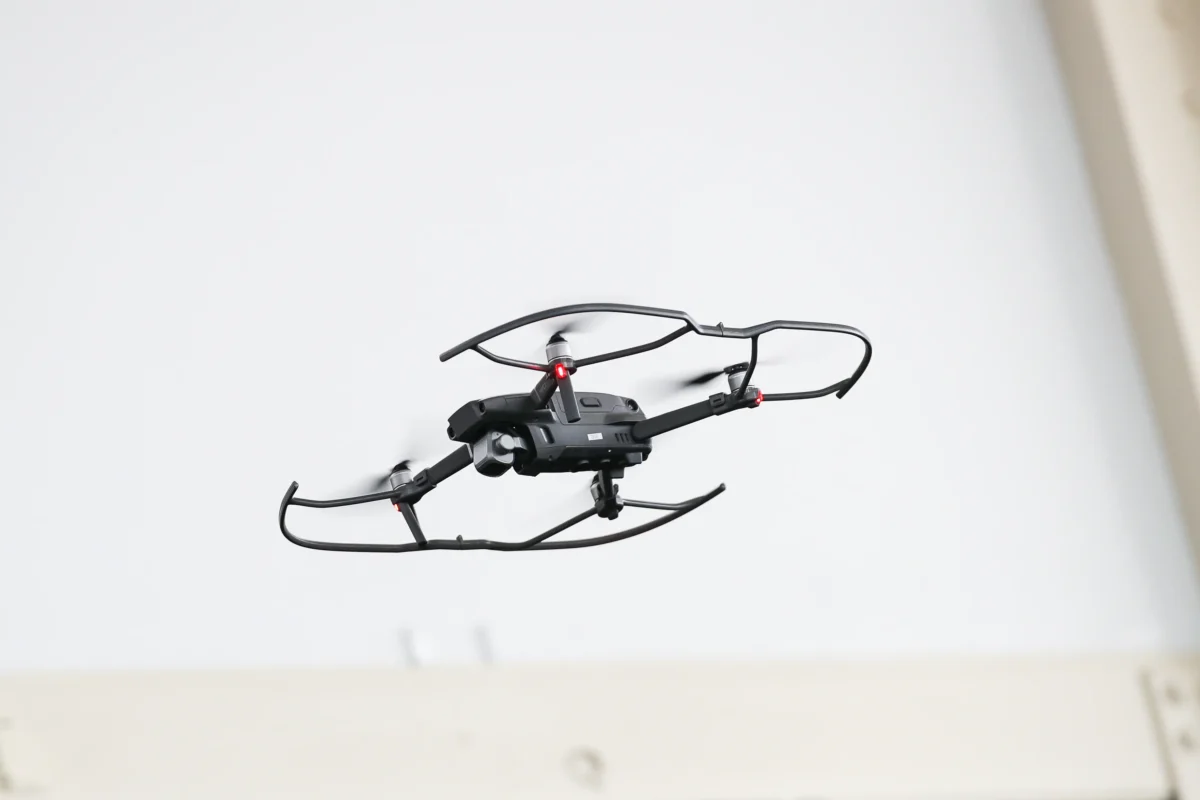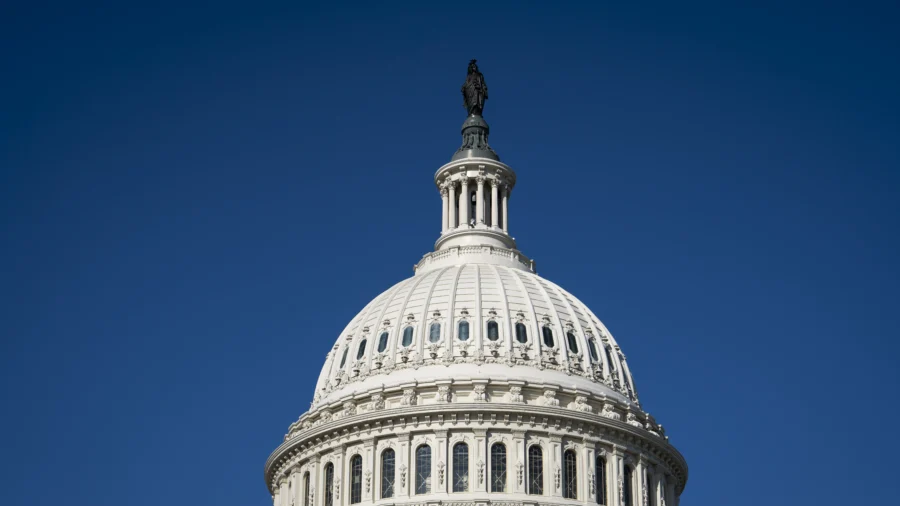WASHINGTON—On their first day back from summer recess, House lawmakers passed a flurry of China-related legislation. The two most noteworthy bills require the backlisting of Chinese biotech firms and funding for the State Department to coordinate efforts to counter China’s malign influence, respectively.
Amid other priorities, most notably the pressure to pass spending bills, the House voted in a bipartisan manner to add a “China Week” to the calendar. The widespread support is indicative of the congressional consensus that the Chinese communist regime poses the most significant national security risk to the values of the United States.
The 15 bills, most of which were fast-tracked with a 40-minute debate and a voice vote, focus on addressing the threat posed by the Chinese Communist Party to the United States in two areas: technology and influence.
Six bills aim to prohibit communist China from breaching U.S. security via insecure devices or predatory data collection, including Chinese drones, port cranes, and biotech companies collecting the genetic data of Americans.
Another four bills aim to support the U.S. global technological leadership by fending off Chinese espionage and strengthening export controls.
Two other bills seek to reduce CCP influence in and outside of the United States.
Protecting Americans From CCP Technology
The China-related bills show an overwhelming concern about the communist regime using technology to infiltrate U.S. critical infrastructure or collect Americans’ personal data.
One of the bills passed on Monday is the Countering CCP Drones Act, introduced by Rep. Elise Stefanik (R-N.Y.) .
“The Chinese Communist Party is working to undermine American sovereignty by forcing Americans to rely and depend on insecure Communist Chinese technology,” Stefanik said on the House floor. “Nowhere is this more evident than in the drone industry.”
Drones manufactured by the Chinese company DJI are estimated to make up about 80 percent of the U.S. market and 90 percent of the drones used by U.S. public safety agencies.
Stefanik sees the need to further restrict the use of Chinese drones, which are believed to collect data on U.S. soil. If signed into law, the Countering CCP Drones Act will require the Federal Communications Commission (FCC) to ban the equipment of Chinese drone company DJI. The Department of Defense has classified DJI as a Chinese military company and has prohibited its use in the U.S. military.
A Senate version of the bill was introduced in July and is currently with the Commerce Committee.

The BIOSECURE Act, another bipartisan bill, prohibits the federal government from contracting and financing Chinese biotechnology firms and foreign adversaries’ biotech companies of concern.
The legislation targets several top Chinese biotech firms, including Beijing Genomics Institute (BGI Group), MGI, Complete Genomics, WuXi AppTec, and WuXi Biologics, and cites the risk that these companies could transfer American’s’ data to the CCP if ordered to do so by the regime.
A key concern for this sector, when compared to other high-tech industries such as semiconductors, is the moral and ethical element.
If China is the first to achieve dominance in cutting-edge biotechnologies, it will set the ethical standard in a way that favors the CCP and is based on its authoritarian socialist values while disadvantaging Western liberal democracies that would likely regulate the technology differently.
Therefore, lawmakers want to stop the U.S. federal government from financing Chinese biotech firms and ensure that these companies don’t have access to American data. The Senate companion version of the BIOSECURE Act was introduced last December and has passed the Homeland Security Committee.
Rep. Jim McGovern (D-Mass.) voiced concerns that the Commerce and the Defense Departments do not currently blacklist the named companies in the bill. The congressman, who is sanctioned by China, said he wants a “more thorough process” in banning specific companies. He requested a recorded vote, and the bill was passed later in the evening in a 306–81 vote.
WuXi Biologics announced in January that it would expand its facility in McGovern’s district, adding 250 jobs.
Rep. John Moolenaar (R-Mich.), chair of the House China panel and one of the original sponsors of the BIOSECURE Act, told The Epoch Times in an email: “It is Congress’s constitutional duty to write national security laws, and that includes the authority to investigate and name foreign-adversary-controlled companies in law because of the threat they pose to national security.
“And make no mistake: BGI, WuXi AppTec, and Wuxi Biologics all pose unacceptable threats to national security. The evidence is clear and available to all Members.”

Curbing Chinese Influence on US Soil
The Countering the PRC Malign Influence Fund Authorization Act will authorize $325 million for the State Department to counter the CCP’s malign influence, which is defined as “advancing an alternative and repressive international order that bolsters the CCP and China’s hegemonic ambitions” or undermining U.S. national security.
The bill passed the House with a vote of 351–36.
Another Stefanik-sponsored China bill also passed the House: the Foreign Adversary Communications Transparency Act, which requires the FCC to publish a list of companies licensed with the federal agency but have ownership by China.
The proposed bills are relatively reserved in their scope and are likely to win broad bipartisan consensus, partly due to Republicans’ slim, four-seat majority.
Several of these bills only seek preliminary risk assessments on China issues, leaving out issues that require more pointed action—like restricting outbound investment to China and ending the de minimis privilege, which exempts shipments under $800 from tariffs, on made-in-China goods.
President Joe Biden hasn’t indicated whether he endorses the initiative, which would likely be necessary to get the bills through the Democrat-controlled Senate.
Catherine Yang has contributed to this report.
From The Epoch Times

